A critic from The Economist magazine reviews The Republic for Which It Stands, in which author Richard White outlines the politics and economics of the United States following the Civil War.
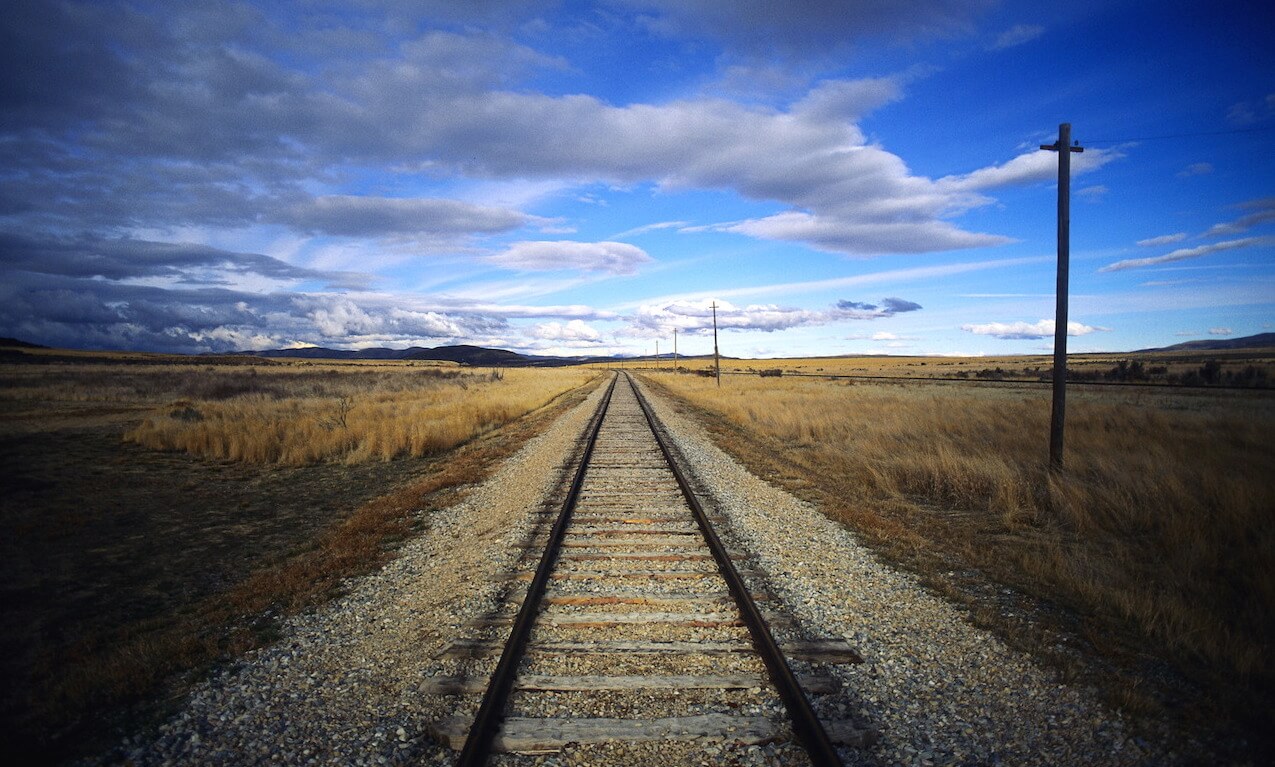

A critic from The Economist magazine reviews The Republic for Which It Stands, in which author Richard White outlines the politics and economics of the United States following the Civil War.

This article examines the benefits of CRISPR, a gene-editing technology that could improve how we produce food.
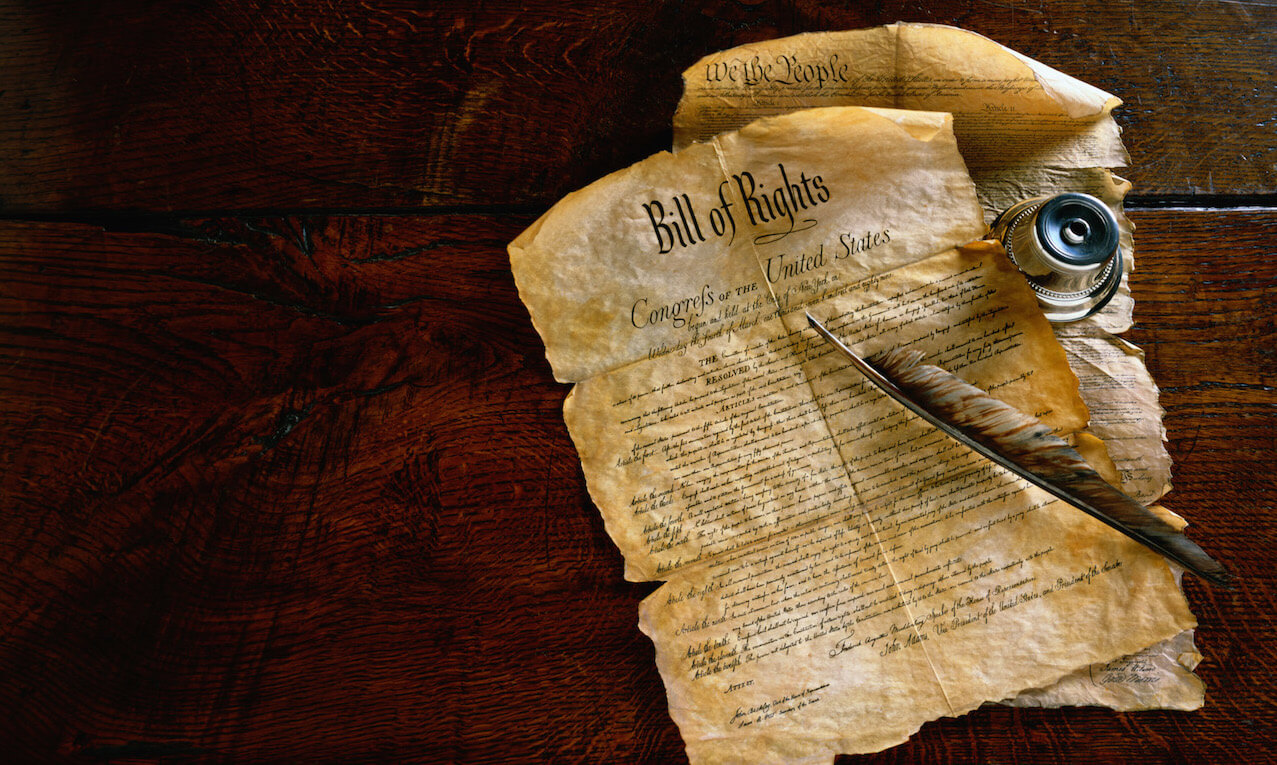
As an anti-Federalist, Patrick Henry opposed the ratification of the Constitution. Read about his opposition to Thomas Jefferson and James Madison.

Read about five poets who used poetry as a means of protest.
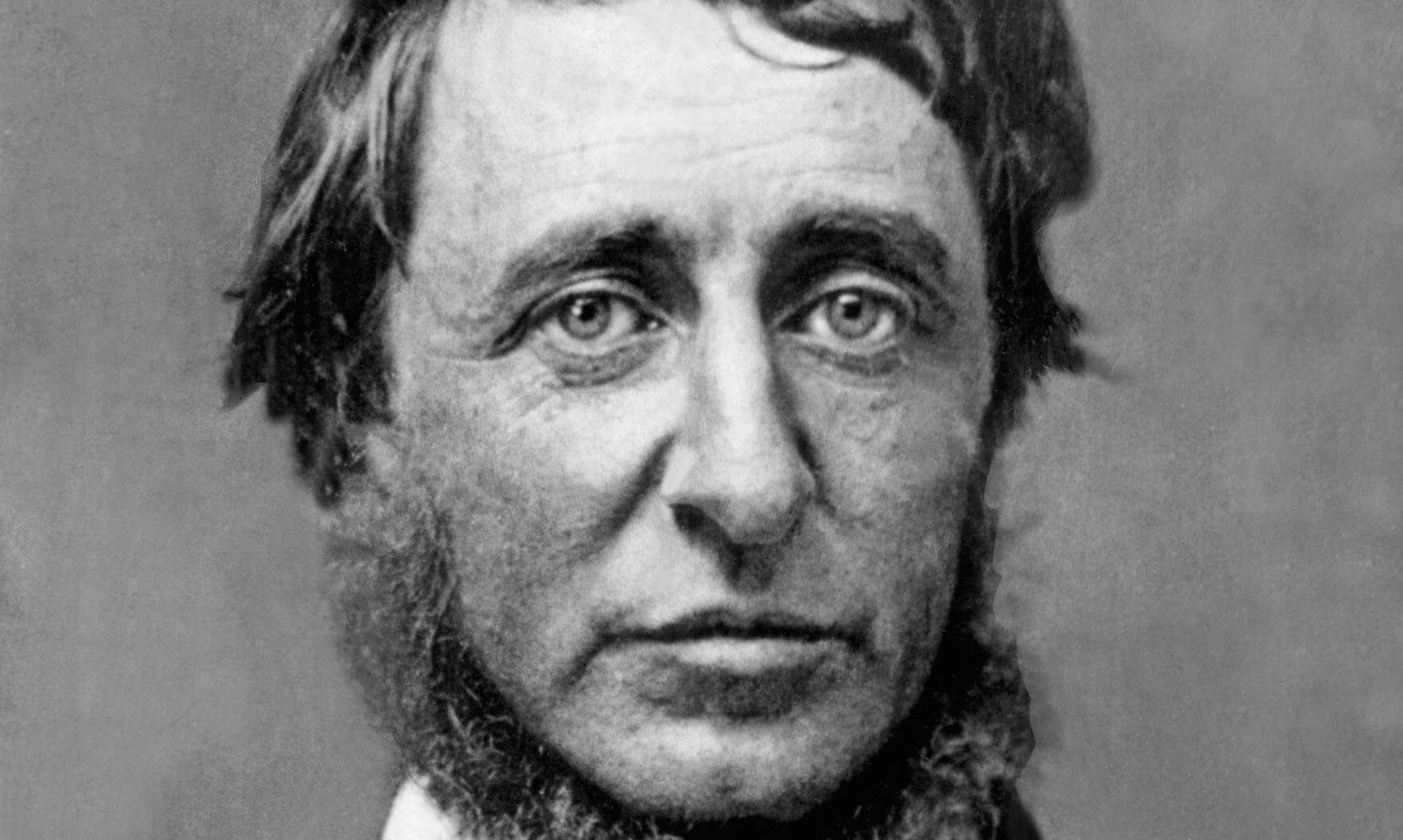
Writer Kennedy Warne reflects on his admiration of Henry David Thoreau after a day spent at Walden Pond. View the image gallery at the top of the article to see the inspirational location.
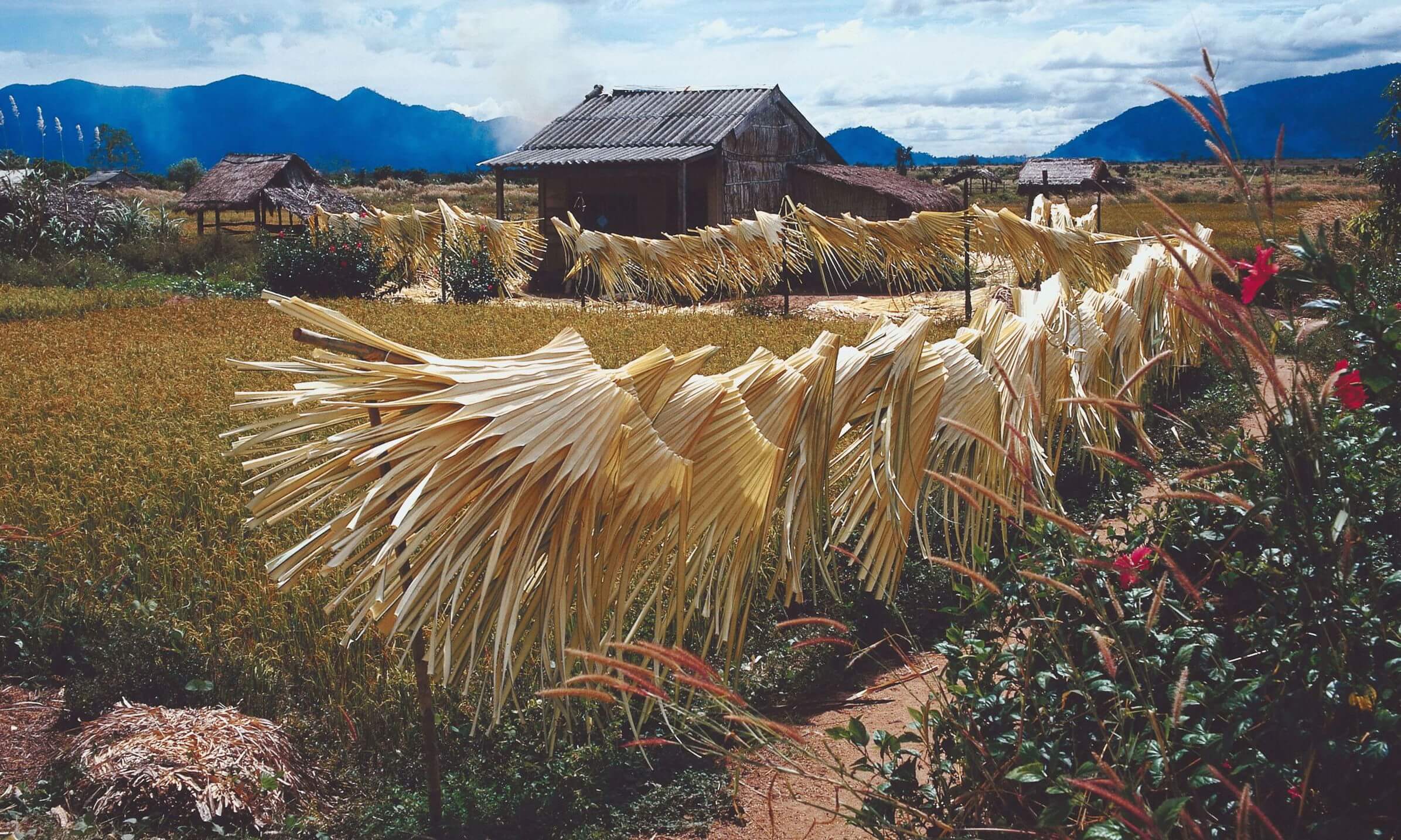
Author Tim O’Brien talks to a reporter from The Washington Post about how he remains deeply haunted by his time as a solider in the Vietnam War.
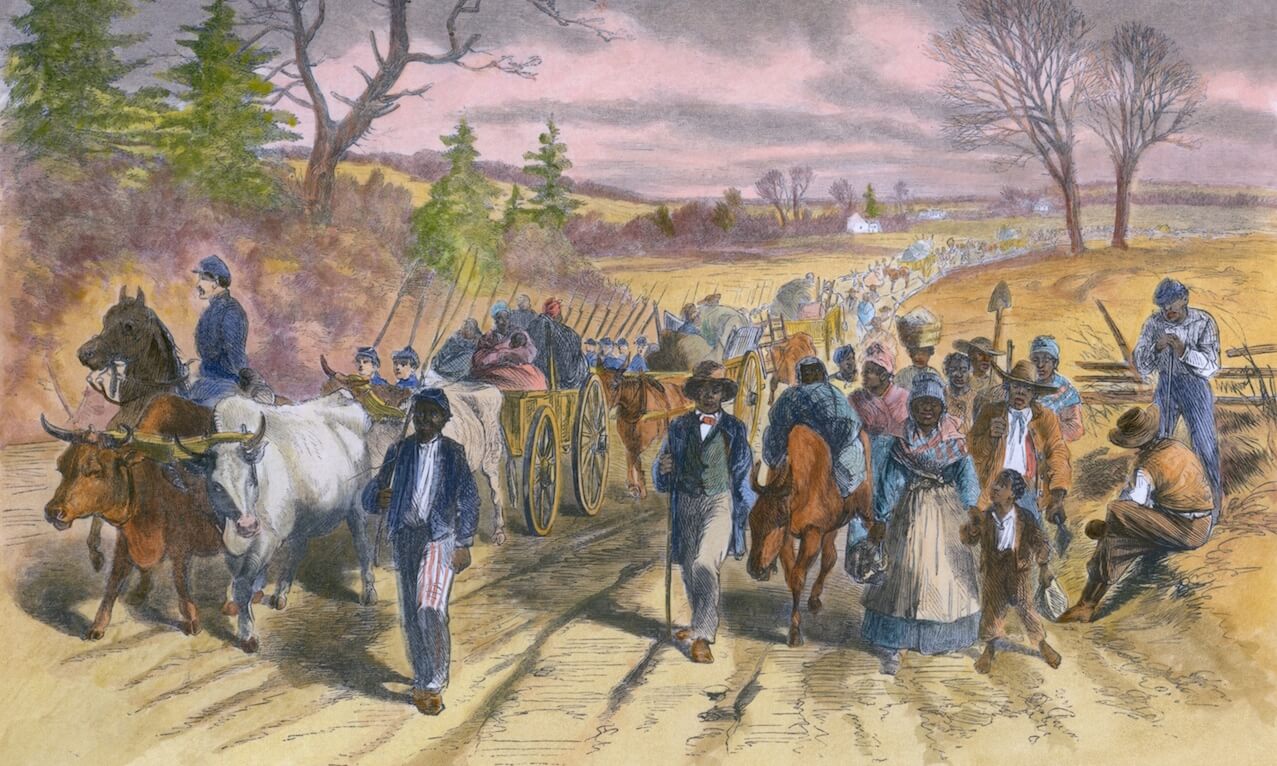
Critic Herschthal reviews historian Stephen Kantrowitz’s 2012 book about the abolitionist leaders who fought for more than just the end of slavery before and after the Civil War.

Sociologist G. Cristina Mora discusses her book about how the terms “Hispanic” and “Latino” emerged and how different commuities identify with them.

Sibyl Wilson, president of Michigan Parent Teacher Association, argues that the involvement of families is key to the success of schools.

Writer and scientist Amanda Baker argues that getting out into nature isn’t as hard as some people think.

The nonprofit group Common Sense Media has created a rating that labels television shows and movies as having “positive gender representations.” Read this article to find out why they created the label and what falls into the category.
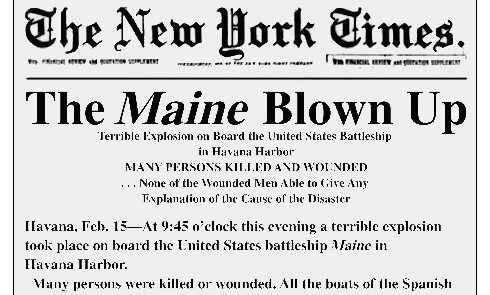
This video gives a brief overview of the event that initiated the Spanish-American War, as well as a history of the Battle of Manila Bay.
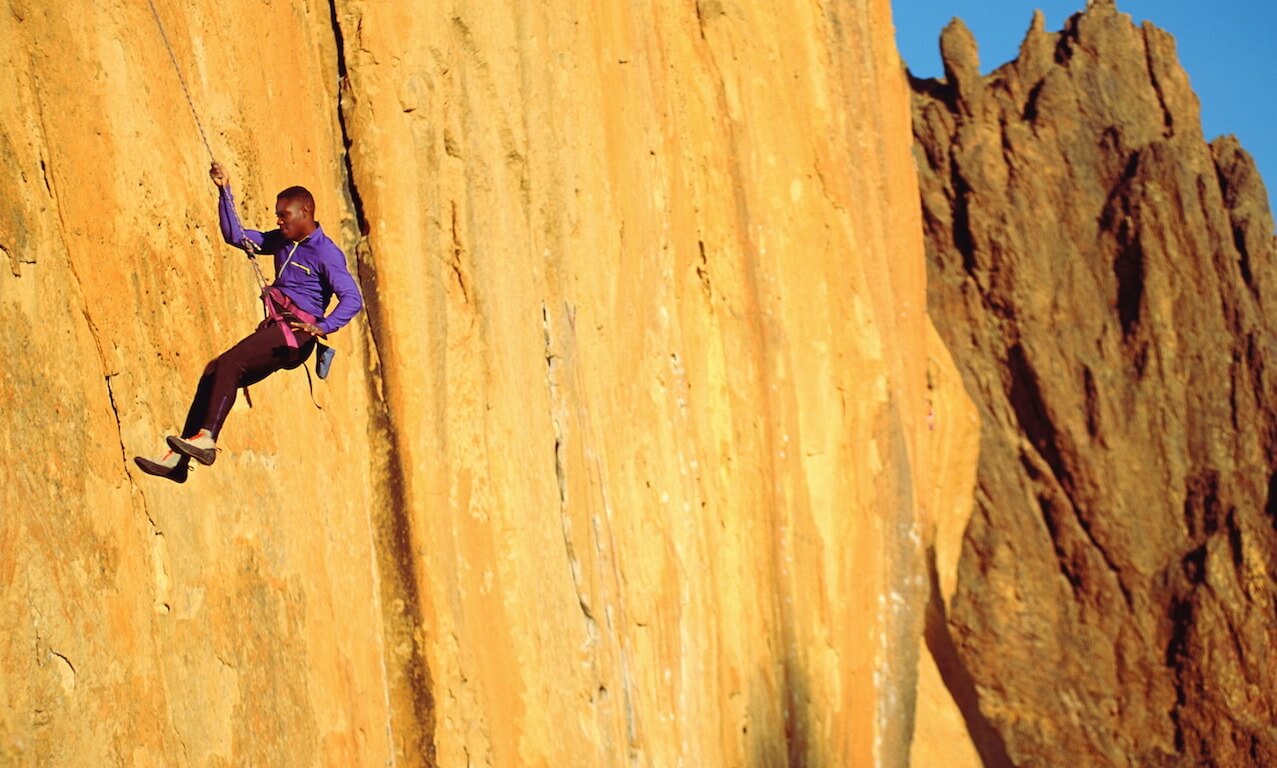
Research and varirous studies show that genes, psychology, and environmental factors all play a role in whether a person is a risk-taker.
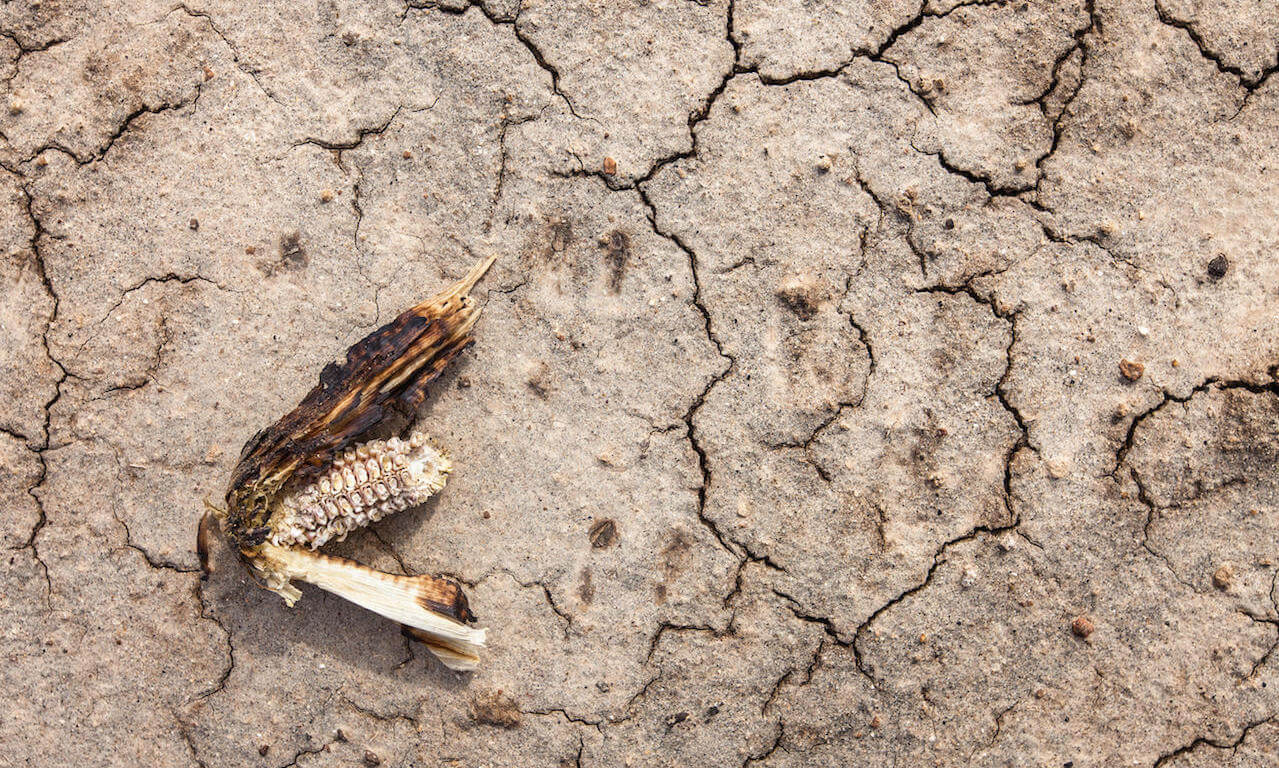
Leaders of the United Nations point to a recent study that shows how hunger and conflict are linked and say that incresing food security can help bring peace.

In this radio piece, author Kate Daloz discusses her childhood growing up in an off-the-grid geodesic dome and other “back to the land” communities of the 1960s and 1970s.
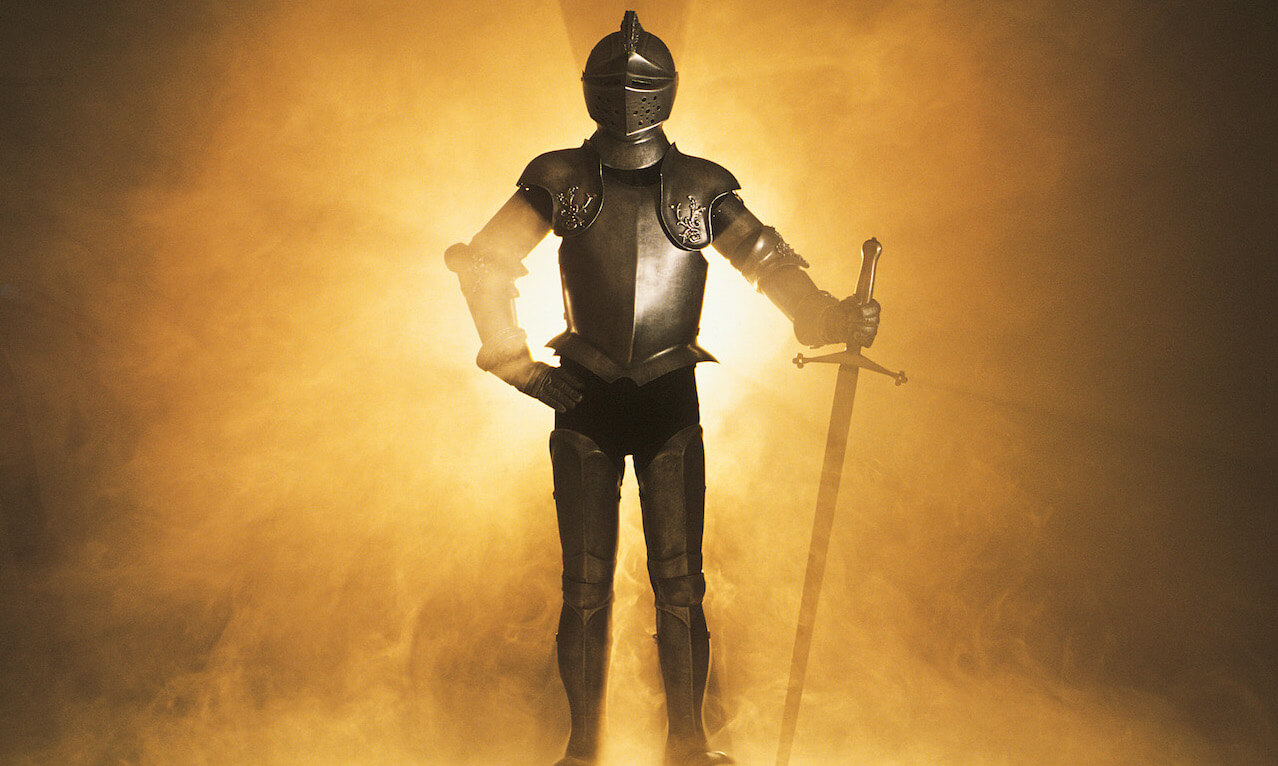
Writer James Parker contemplates the connection contemporary society has with the epic poem and reviews some of the film and comic book adapations of the past two decades.

Linda Ryden, an elementary school teacher in Washington D.C., explains how teaching mindfulness has led to fewer fights and less bullying.

A study on the Tea Party’s 2009 “Tax Day” protest showed researchers that protests are effective, but not in the way one might think.

This biography describes the major life events of feminist writer Mary Wollstonecraft, author of A Vindication of the Rights of Woman.

High-achievers from a variety of industries explain how learning to play music helped make them successful.